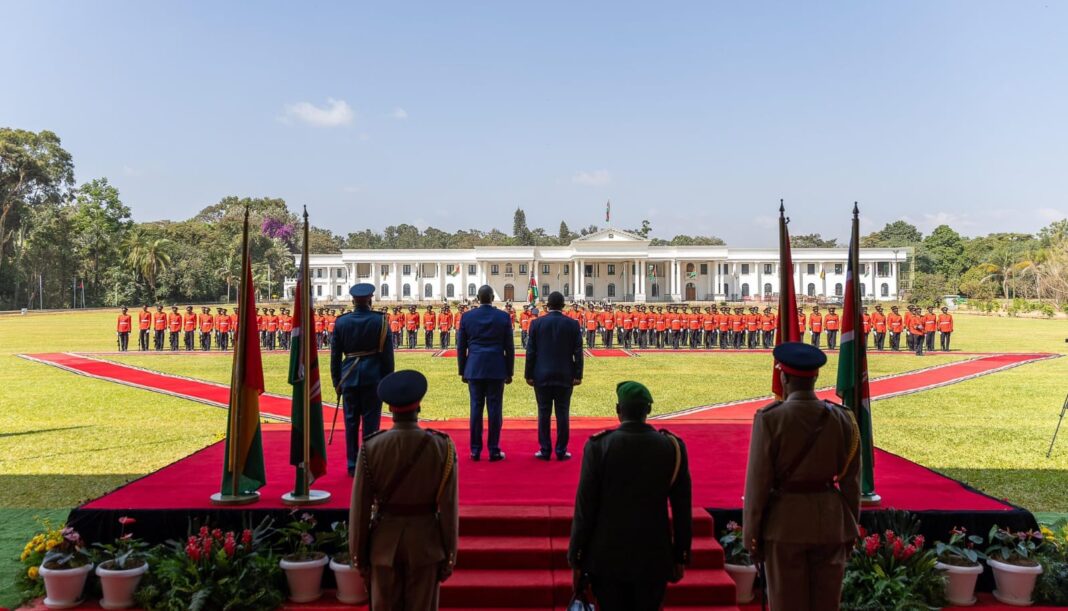By Michelle Ndaga
State House has dramatically overshot its recurrent spending budget in the first quarter of the 2025/26 financial year, sparking fresh concerns over the government’s fiscal discipline.
Data from the National Treasury show that between July and September 2025, State House spent KSh 4.32 billion, more than double its quarterly allocation of KSh 1.92 billion marking an overshoot of roughly 125 percent.
This deviation is the steepest among all national government departments during the period, underlining potential weaknesses in spending control in politically sensitive offices..The Office of the Deputy President also overran its Q1 recurrent budget, disbursing KSh 1.11 billion against a target of KSh 743 million.
The spike comes at a time when the government is pushing a fiscal consolidation strategy. The Treasury projects a KSh 901 billion deficit for the year, and overspending by key offices could further complicate efforts to stabilise public finances.
According to the Treasury, recurrent expenditures across national offices surged. In Q1 alone, state entities spent KSh 366.5 billion, up from KSh 280.1 billion in the same quarter the previous year, an increase of about 31 percent.
Fiscal rules do provide some leeway: Article 223 of the Constitution, backed by the Public Finance Management regulations, allows State offices to exceed their approved cash ceilings by up to 10 percent without explicit parliamentary approval.
However, should they overstep that, the Treasury is mandated to bring a mini-budget to Parliament within two months.
Sources say the overspending at State House has mostly gone into operations and maintenance costs, including staff pay, presidential logistics, protocol spending and routine maintenance.
Critics argue that such rapid disbursements especially at the top undermine the government’s austerity narrative and raise red flags for investors and fiscal watchdogs. “Spending controls in politically sensitive offices are still being tested,” the Business Daily analysis warned.
The Treasury, for its part, has pledged reforms. In its 2025 Budget Review and Outlook Paper, the government reiterated its commitment to strengthen public financial management via e-procurement, integrated human–resource systems, pension reforms, and partnerships with the private sector.



















